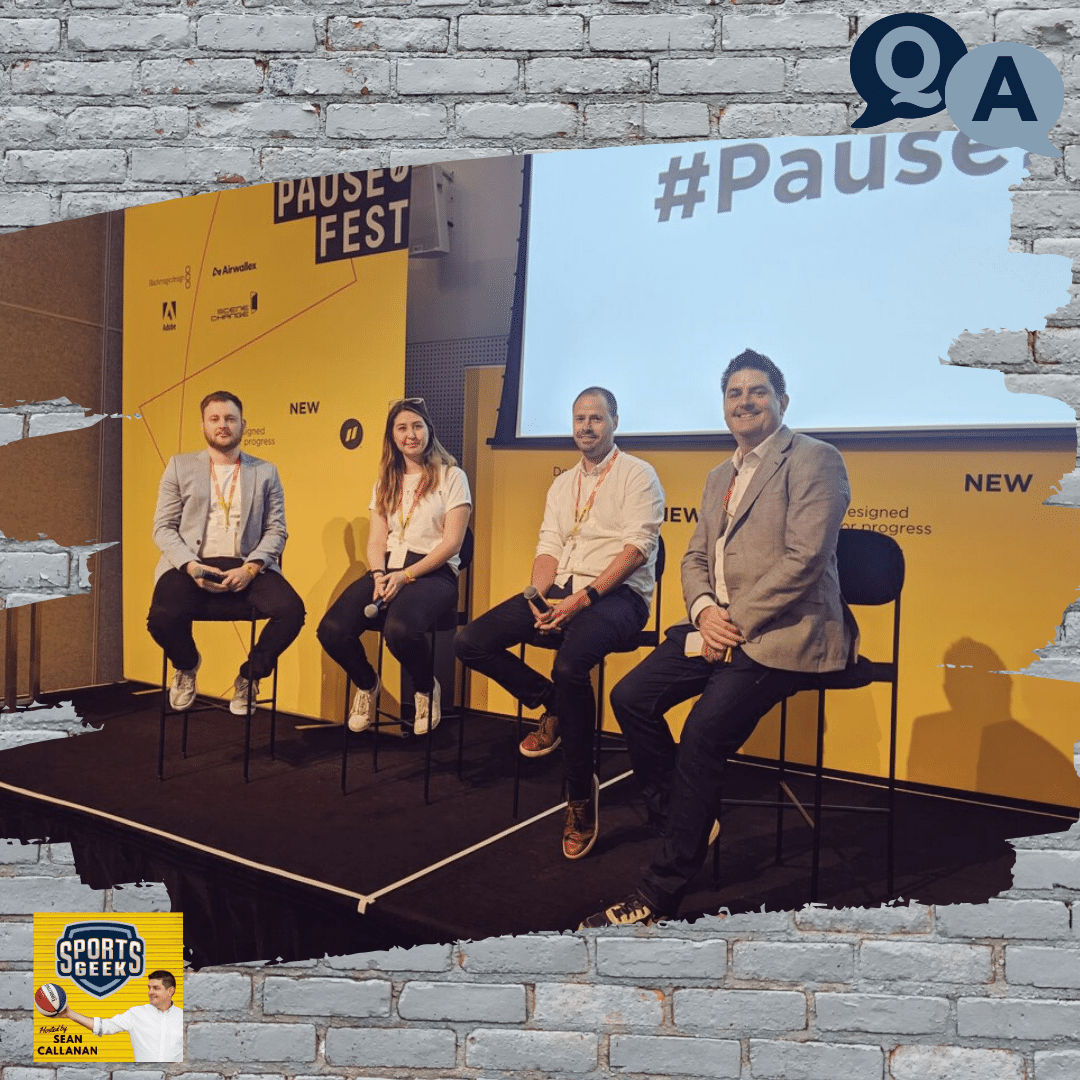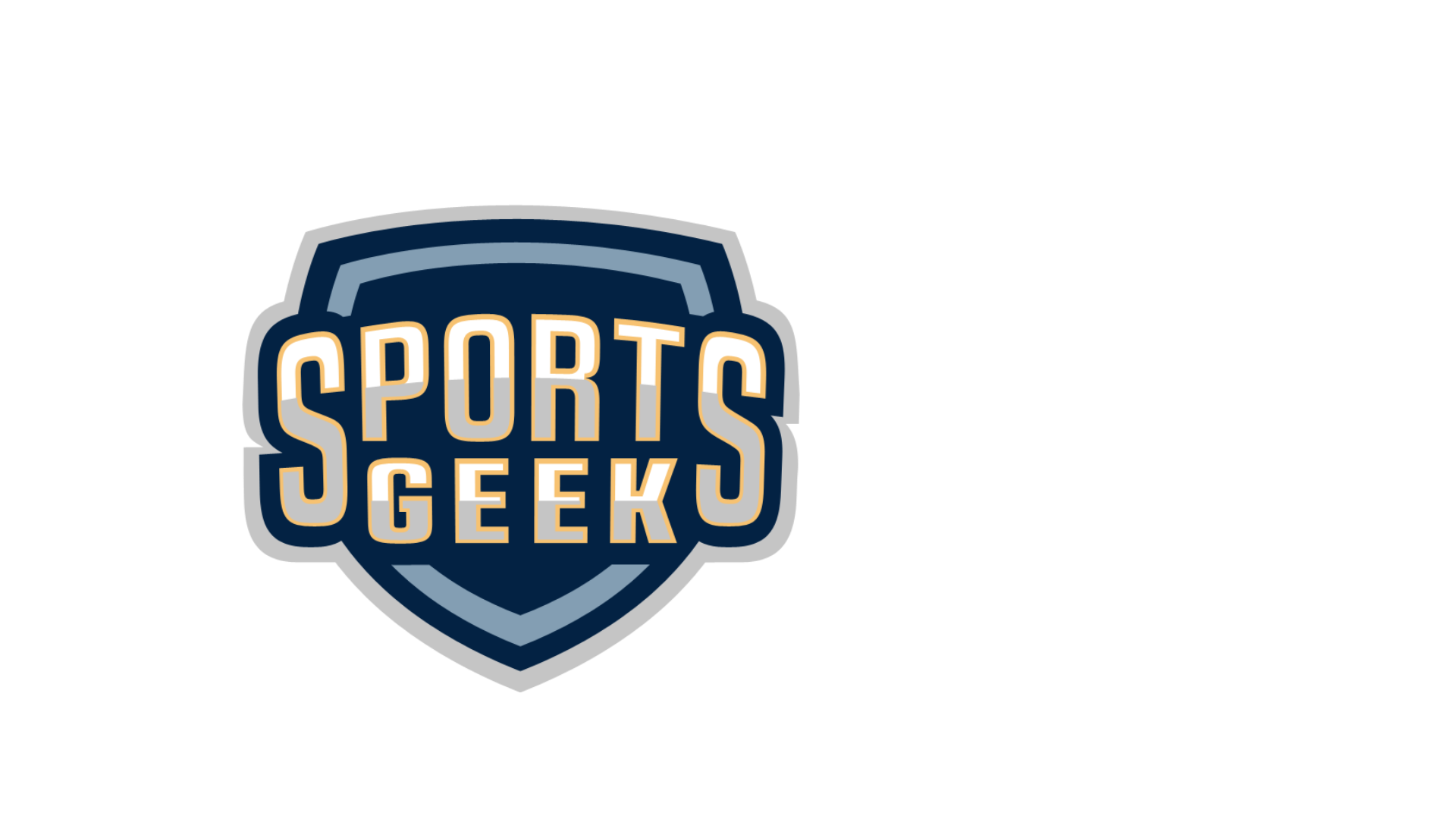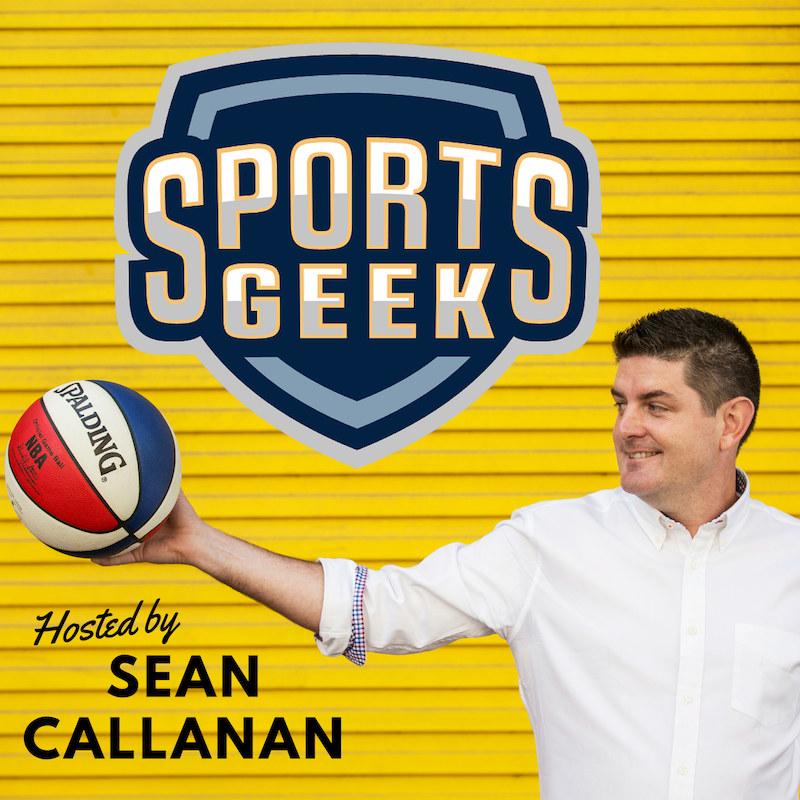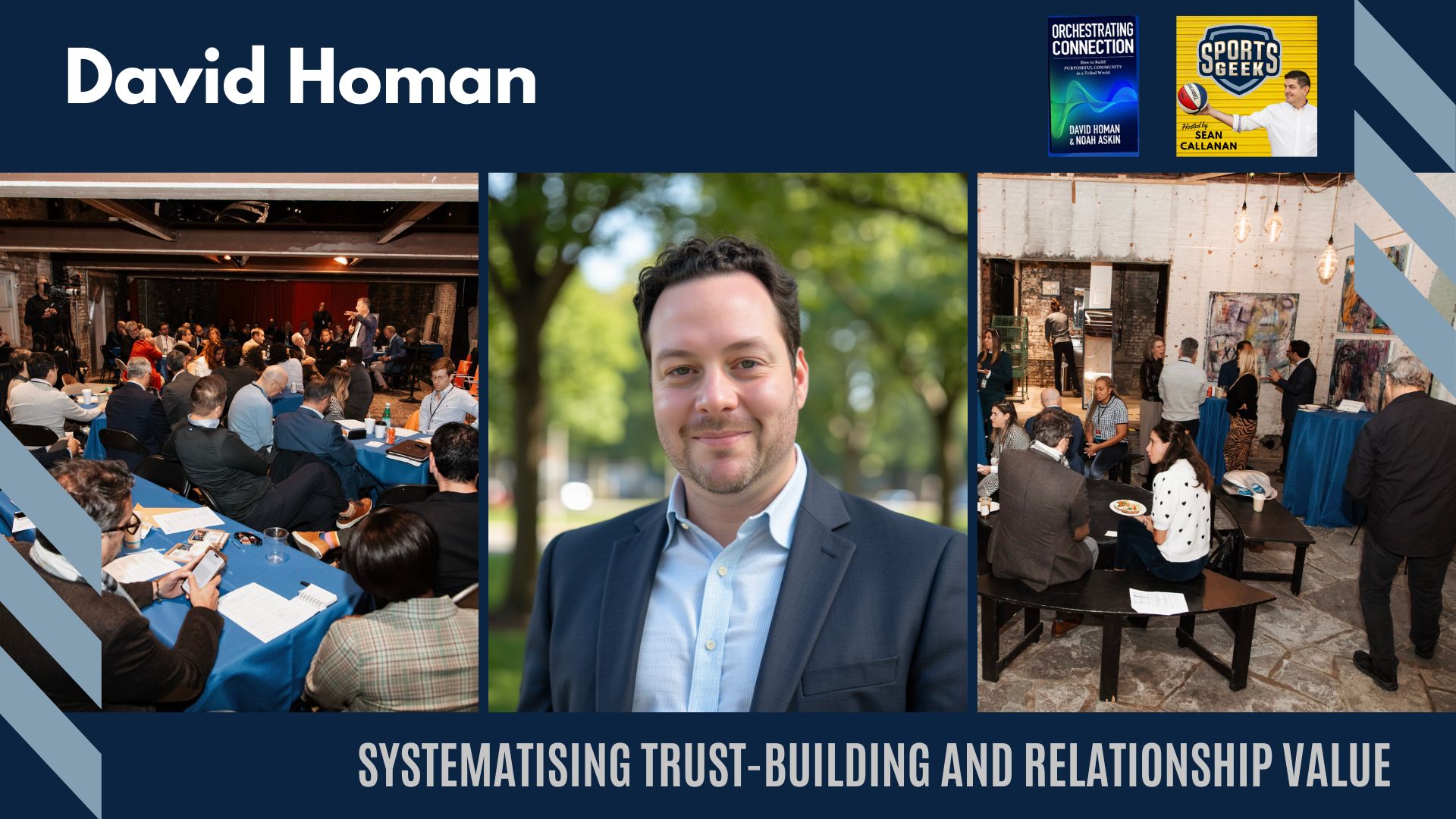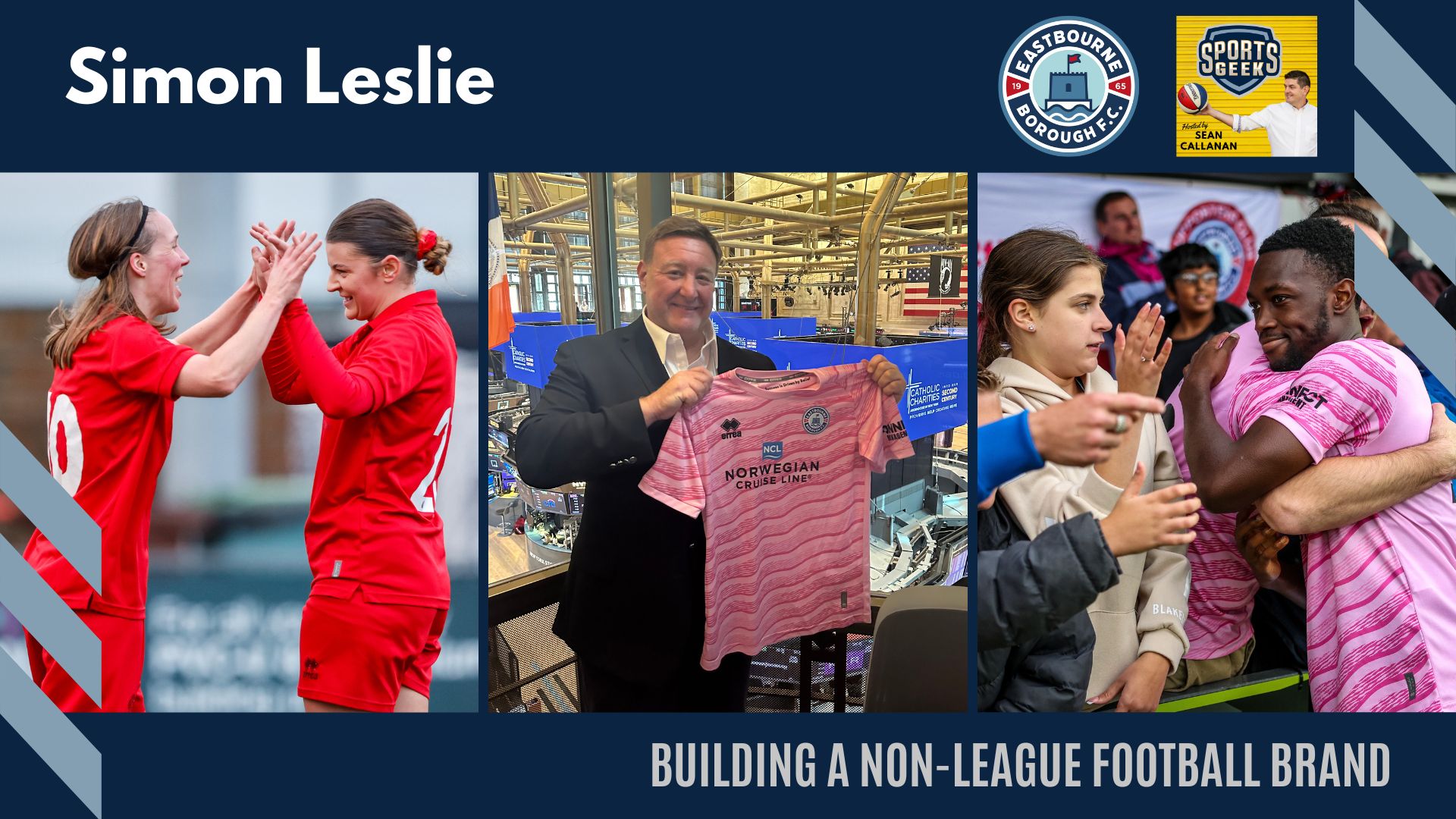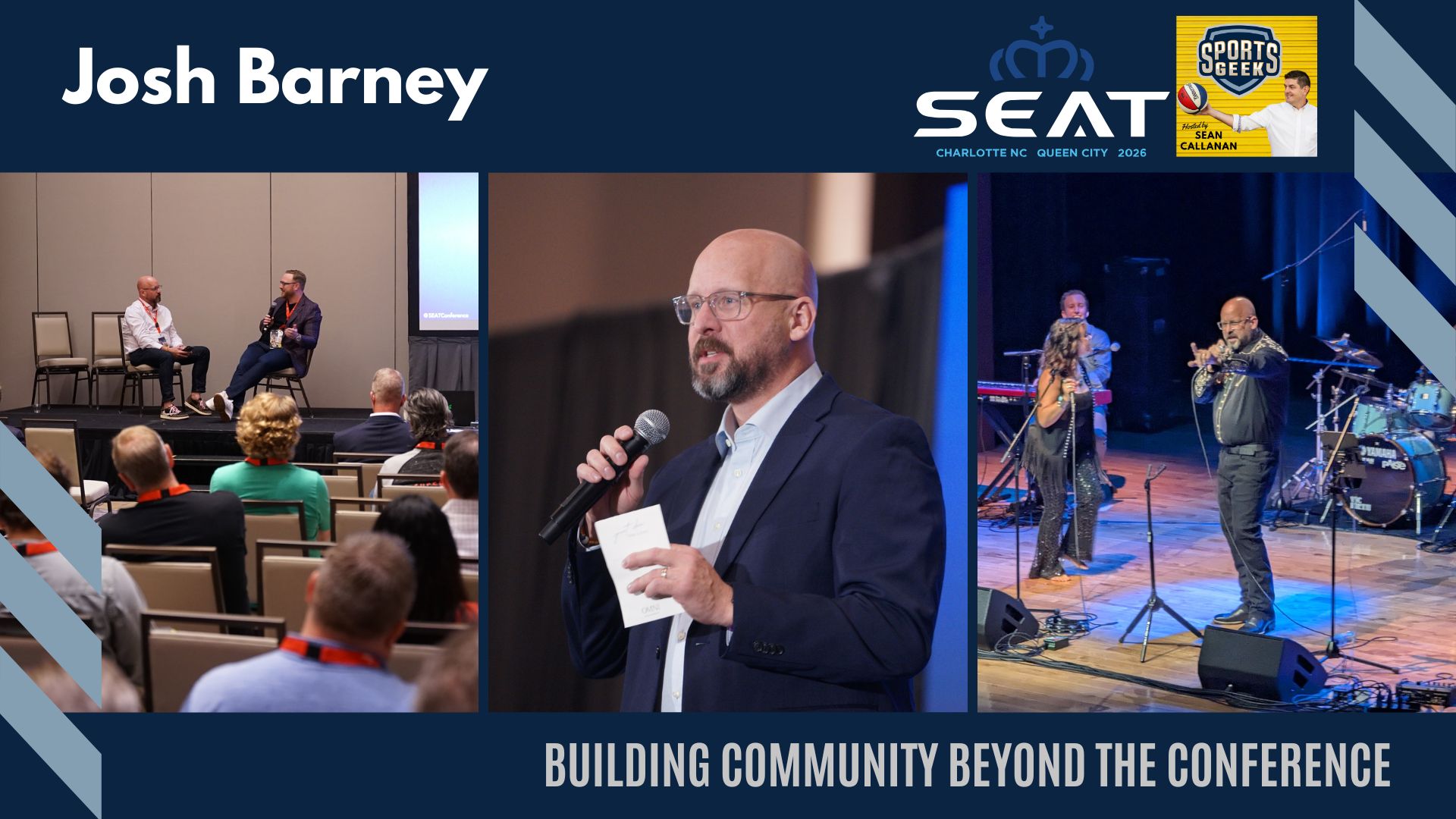On episode #10 of Sports Geek Q&A episode Sean Callanan answers the following questions from attendees at our Pause Fest panel:
- What is the biggest misconception about esports & gaming? Question from crowd at Pause Fest
- How should brands enter esports & gaming market? Question from crowd at Pause Fest
- How will gambling affect esports? Question from crowd at Pause Fest
Listen to Sports Geek Q&A for the answers
Can't see podcast player? Click here to listen
Read Sports Geek Q&A answers below
Transcriptions done by robots in Descript app (they are getting better but not yet perfect)
Question one, was the first question that came from the audience, from the crowd at Pause. What is the biggest misconception about esports and gaming? I think from my point of view, the biggest one, is that it is one homogenous group and, brands in particular and, and, and marketers and people trying to understand the spice to try to put that all into a one group when there are multiple groups and multiple subsections, in the industry in the same way there are in sport. No one says, Hey, that's the whole sports industry. Let's treat it all the time. I think that's exactly the same in esports. So first thing is the difference between the sports and gaming. Gaming is everyone playing games. that, that number reads very, very big. So that is, I'm playing a game on a console. I play PS four or an Xbox. I'm playing games on PCs. or. You know, the growing area of gaming is playing games on mobiles. So if you're playing candy crush, you're a gamer. If you're playing NBA 2K, you're a gamer. If you're playing League of Legends, you're a gamer. And esports is the very, very tippy top of that. I'm the best of the best. The best game is in the world. play sports and, and a sport is for mine is to find by professionals, sorry, people playing and people. And if there are people playing and people watching that contest, then I consider it roughly an esport. So there's those pieces that esports and gaming are different. And then inside esports and gaming, there are different titles and different genres. And, the demographic, both player and viewer is very different depending on which one you go into. If you look at, if I just take an example of a fortnite crowd, Which will be, you know, which will skew younger, both in player base and viewers. comparing it to an older title, like league of legends and call of duty, which has been around for 10 years. It has a strong thriving player base, but then also a, a much bigger fan base of people watching the e-sports and tens of tending to be a lot older. Even though the people are coming into the game at 15 and 16. so that's the biggest misconception that one esports & gaming are the same thing. And then also that people are trying to treat them as, as one big group. A question too. because pause fast is very much one a place for creatives and marketing and agency types.
Transcriptions done by robots in Descript app (they are getting better but not yet perfect)
The question Two was how should brands enter esports and gaming? And again, I'm putting esports & gaming because I think they do go hand in hand and they do require different strategies. As I sort of spoke before, they're not one group. but my best advice is to go in with your eyes and ears open and ready to learn about new platforms and even new language. if you go in a with a approach that, Hey, this is the content that we've got on other platforms or this has worked on other mediums, Without catering and understanding the market, it will fall flat, or resonate not at all. and I think at the moment, especially, especially in this market, but I think it's actually a smart global approach, is to take a cautious approach. Which for me makes sense. you have to ignore the hype. even as someone who is a hype man for esports and gaming, you need to peel back some of that hype and understand what you're trying to get out of it. It's exactly the same as if you would tackle any other vertical, whether that be live, entertainment, music, sport, you need to know what you want to get out of it. Take a cautious approach. because people will say, There is 300 million people watching, been, and that is an aggregated figure across multiple titles or around a major event. It's a matter of being an, understanding what you're doing and taking a cautious approach, but understanding that you'll, you'll have to be planning, to upscale for success as the industry, grows. So this is a really good time to get into the market, to understand, test and learn. So when the budget start justifiably being raised you'll have enough knowledge to know where you should put your money. and I think the other thing that I do tell brands, and I expect the same of us, you know, representing Gravitas and, and pitching your brands, hold gaming and esports accountable. If they're gonna make big, bold promises about. Anything, hold them accountable, make them, make the earn the dollars. I think some of the early money coming into the space hasn't been, hasn't been earned. and that has caused some issues in some, some regions around the world. I think it is a two way street. You can't be pointing fingers from a sponsorship point of view. if as a sponsor and a partner, you are not holding someone accountable. And then on the other side, if you are the rights holder and not, not delivering, it is a two way street. So. if you're a brand entering, hold them accountable. Knowing that they, that the industry overall is still learning the space, not exactly across all things, data savvy. You can't hold them to the same, same high bar that you might do in a, in established businesses like music and sports. but knowing that that's, that's the place you want them to get to.
Transcriptions done by robots in Descript app (they are getting better but not yet perfect)
Third question was a curly one and I didn't want to avoid it cause I've got some strong opinions. Was, how will gambling affect esports? Again, this is a question from the crowd, a Pause Fest. I think it will, it has big potential on both sides. And again, in, I'm putting my hand up here as a, as a team, as a team owner, and someone inside the industry but then also, seeing what gambling has done from a revenue point of view to the world of sports, especially in this market in Australia, and, and what it's starting to do in the, in the U S as they start opening up the opportunities, but it also has some real. there is some real concerns, around the damage that it could cause, both from the people who gamble and get into issues. If there's a way for gambling, gambling to make money in a, in a sport that's not, doesn't have heavy regulation, that will push hard into it, which brings a really unsavory element potentially to the space. So as a, again, as a team owner, I am looking out. for my players. And so I think there's a real care that needs to be taken by the industry, to look at things like integrity. What does that look like in the esports space? and what can publishers and league own owners, team owners, tournament organizers do to protect and care, for the players involved. so in the same way that, A lot of the sports have done, done that traditional sports had done that to protect their players from those types of concerns. I think a sports as an industry needs to step up to, to deal with the problem, to deal with issue. and also make sure that their sport, is a bond, beyond reproach. so competitive integrity of the game itself is, is super bottle. So, you know, think things like responsible gambling foundations and initiatives in that space, are really important. I think it's something that, that esports should, it should embrace and understand, and figuring out how that can be. cohesive partners, and reap some of the returns and opportunities that gambling does. Offer a sports from a revenue point of view, but make sure a fair portion of that money is put into efforts around player education and integrity.
Turn 15 minutes a day into sponsorable content your partners will pay for
Sports Geek AI is a done-with-you content system that creates daily newsletters, podcasts, and social posts—giving your commercial team new inventory to sell.
Listen To Sports Geek
Recent Sports Geek Reads
- MLB’s Prediction Markets, Melbourne’s Sports Tourism Boom & LIV AI Caddie
- Olympics Drones, Ashes TV revenue & ChatGPT ads
- NBA Tanking, Cadillac F1 & Wrexham FC
- F1’s American Culture Conquest & Seattle sports landscape
- Super Bowl Ad Battles: Michael Bay vs. F1 and Serena Williams’ AI-Powered Marketing
- NFL’s New TV Deals, Media Layoffs, and AI’s Super Bowl Clash



